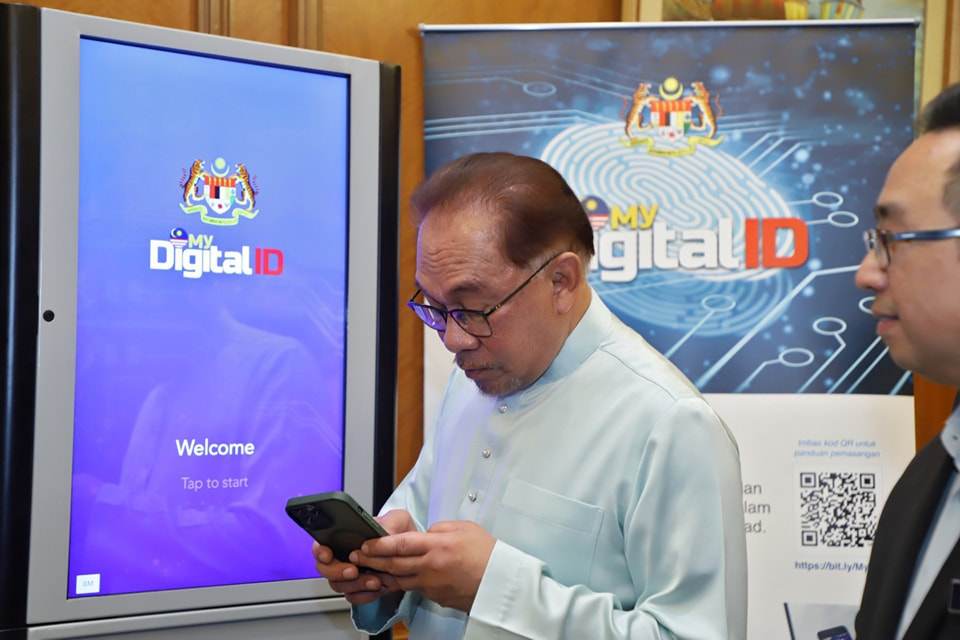‘No way’: Malaysia’s digital ID drive stalls as data fears loom large
A botched roll-out and data leaks involving millions in recent years have made Malaysians wary of adding the app

Fewer than one in every 10 eligible Malaysians has signed up for a digital identity card in a flat rejection of a year-old plan to streamline access to public services – prompting the government to raise the prospect of making it mandatory despite data security fears.
Launched in May last year, the MyDigital ID was billed as a single login across state agencies that would consolidate the data of citizens aged 18 and over on government systems.
But despite a high-profile launch by Prime Minister Anwar Ibrahim in December 2023, public enthusiasm has been lukewarm, hampered by memories of a botched roll-out last year that left many unable to register due to persistent server failures.
With only 2.8 million out of Malaysia’s 34 million eligible people on board the system, Federal Territories Minister Zaliha Mustafa told parliament that the voluntary nature of the programme remained a key barrier to adoption.
“The government is looking into the possibility of enacting laws to encourage or maybe require people to register for MyDigital ID,” Zaliha said on Monday.
Speaking on behalf of the prime minister, she added that the system now supported 82 applications, including motor vehicle registration, licensing and healthcare services.

The newly launched MyGov mobile app, which consolidates many of these services into a single platform, offers additional access for those registered with MyDigital ID. These users can log into services that previously required in-person visits, such as to the land office.
Still, the public has reacted negatively to the suggestion of compulsion, with many citing the country’s poor record on data security.
“They failed to get support, so now they want to force us to register using the law. No way,” wrote social media user Anas Izarina.
Others questioned how data would be stored and why the MyDigital ID app requested access to phone contact lists, photo galleries, cameras and microphones. “What is the need for that? To steal data?” one user asked.
In 2022, the personal information of 22.5 million Malaysians, allegedly leaked from the National Registration Department, was reportedly sold on the dark web for just US$10,000. Later that year, a separate breach exposed data from 13 million voters, including national ID numbers, addresses and phone numbers.
Unhandled type: inline-plus-widget {“type”:”inline-plus-widget”}
Such leaks have fuelled a surge in scam calls, with fraudsters impersonating police, court or tax officers – armed with real personal details – to con victims into handing over money under the pretext of criminal investigations.
For many, the digital ID felt redundant as the national identity card MyKad already gave each Malaysian a unique identification number and their fingerprints were encoded biometrically in the card. “MyKad is digital and has our fingerprint as biometric. Why doesn’t it suffice?” a social media user asked.
Some asked whether the government could guarantee that it would compensate people if their data was leaked again, or if the system was brought down by service interruption. If the government could not, then “better don’t”, they said.
That fear was underscored over the weekend, when a nationwide failure of the immigration autogate system left more than 380,000 travellers stranded at checkpoints, disrupting journeys and further denting confidence in the government’s digital infrastructure.